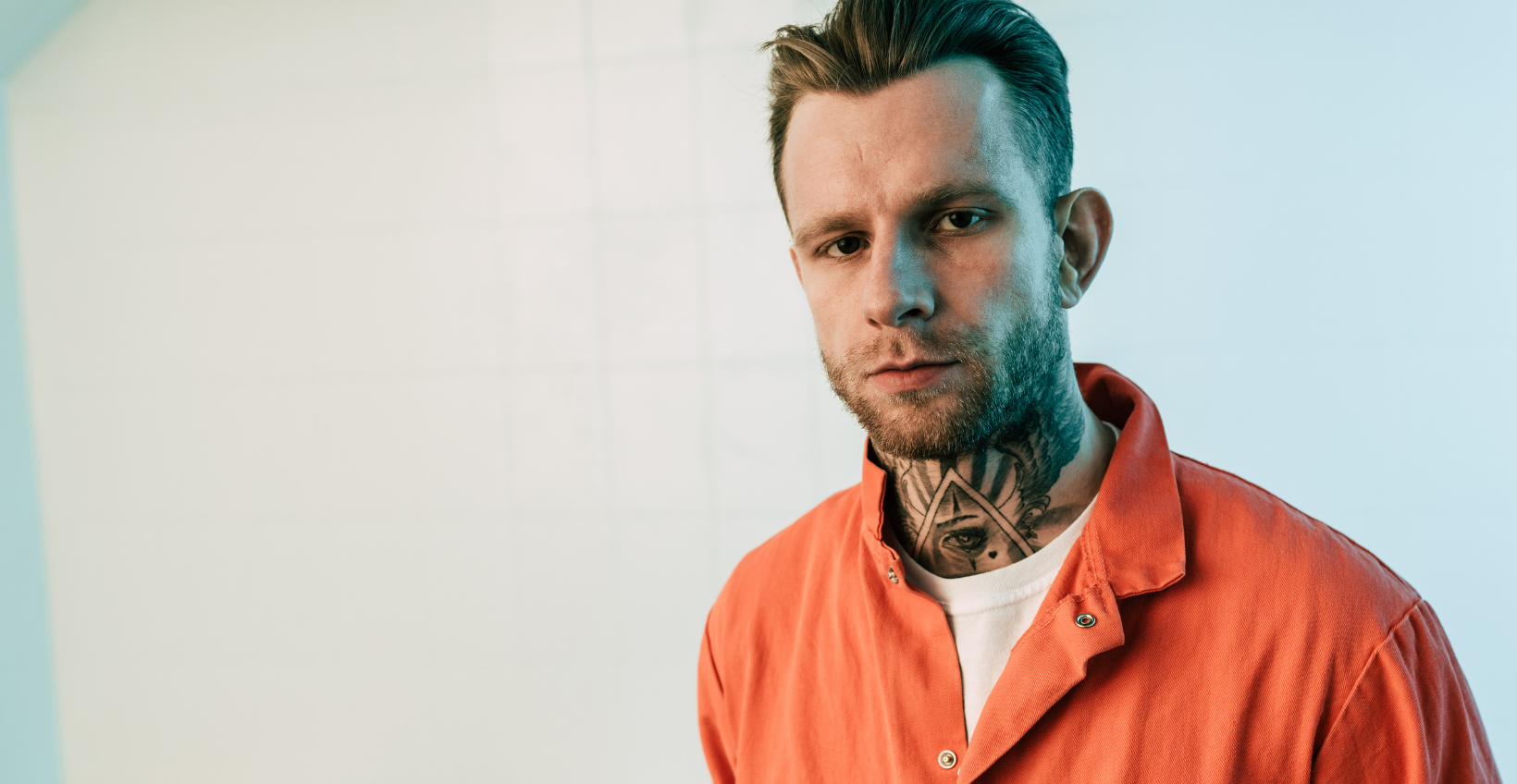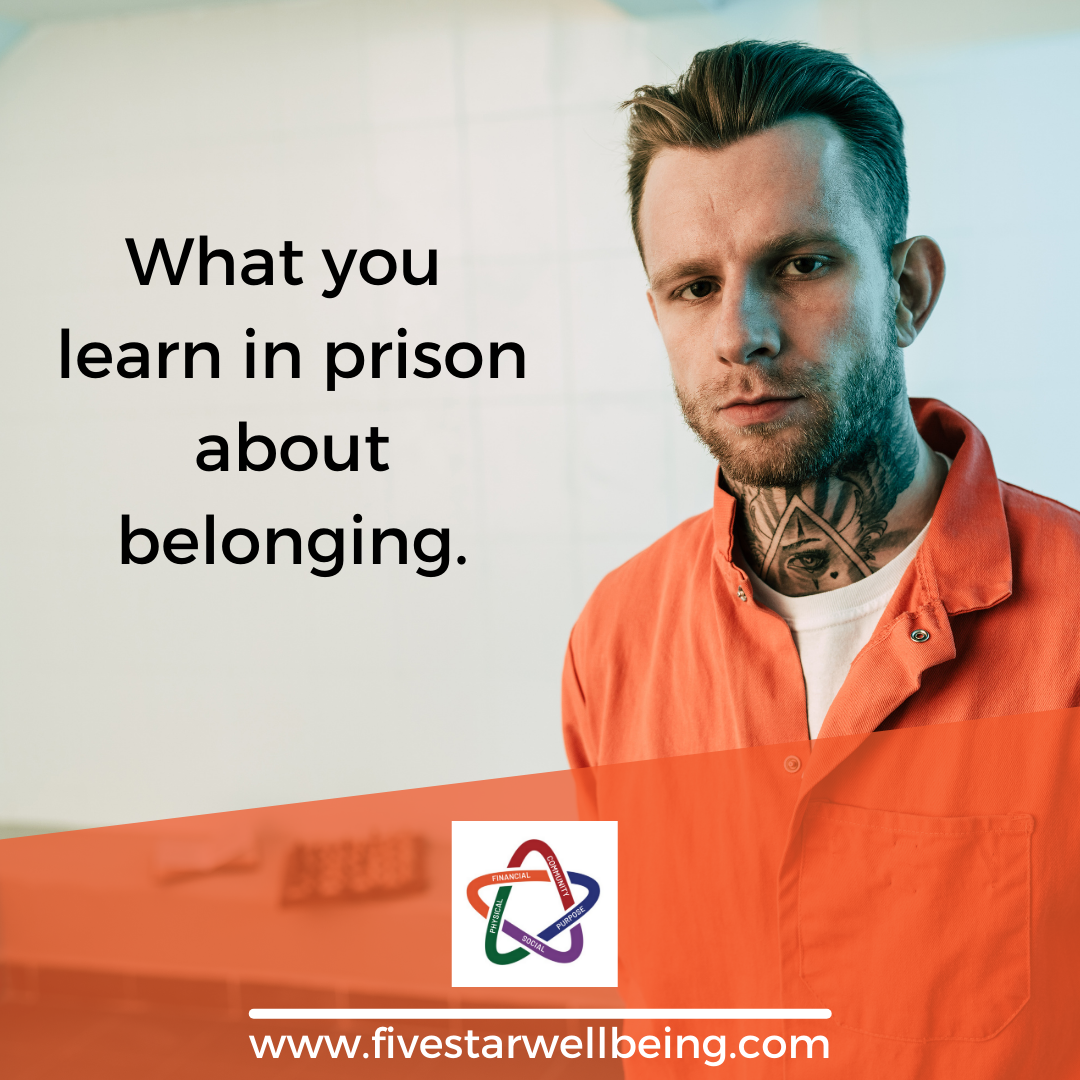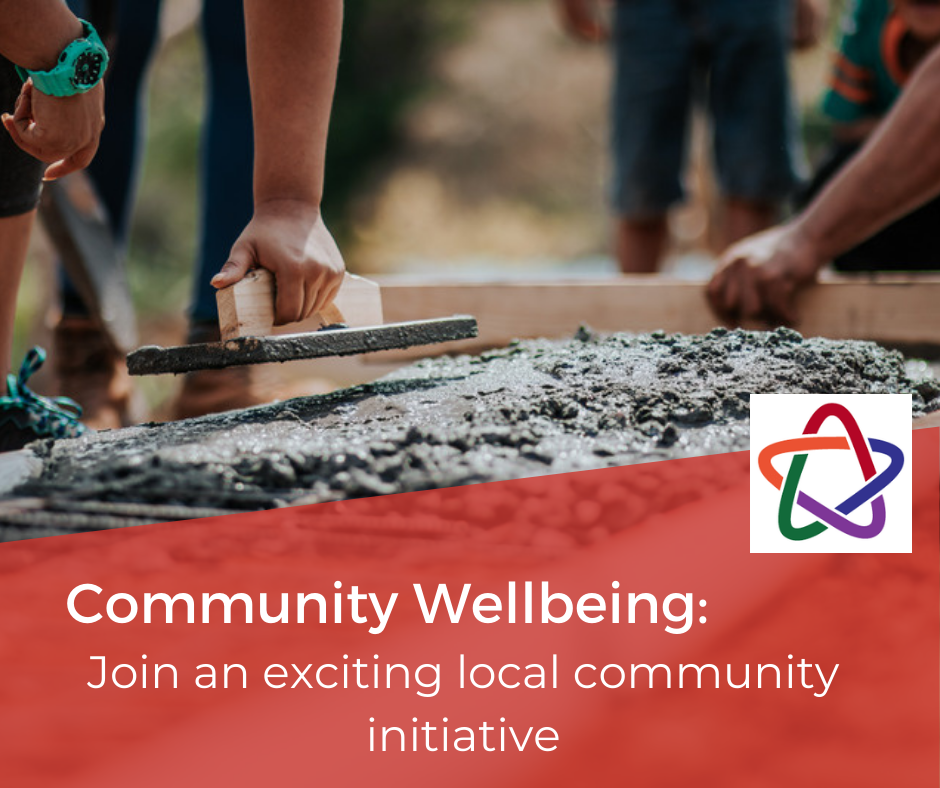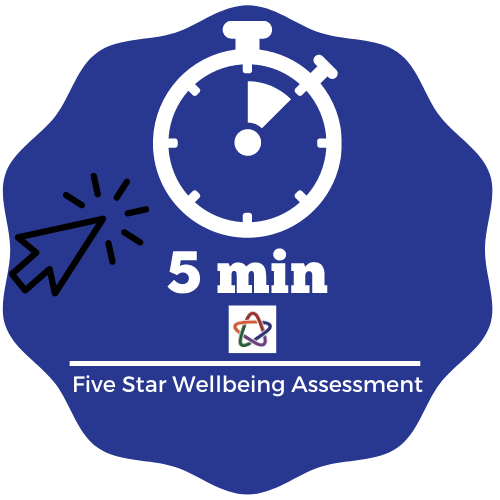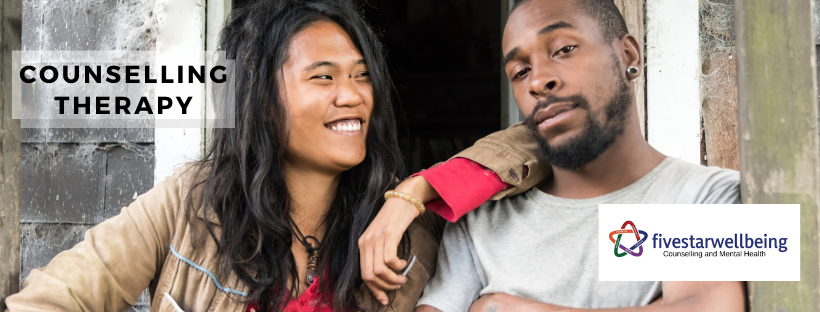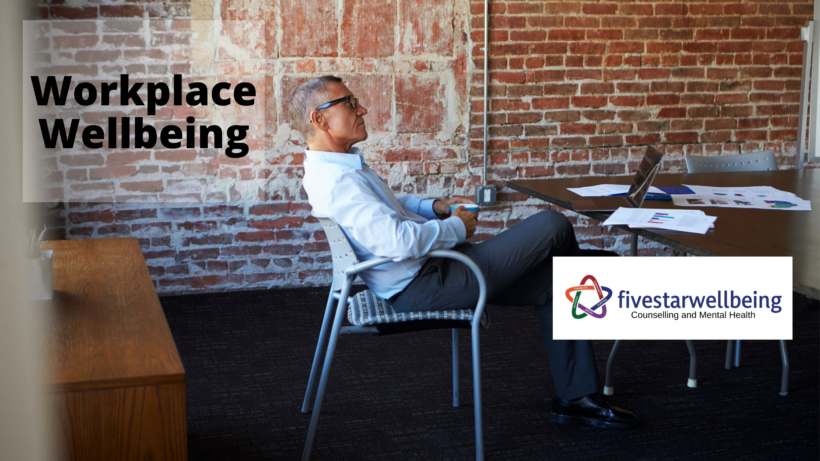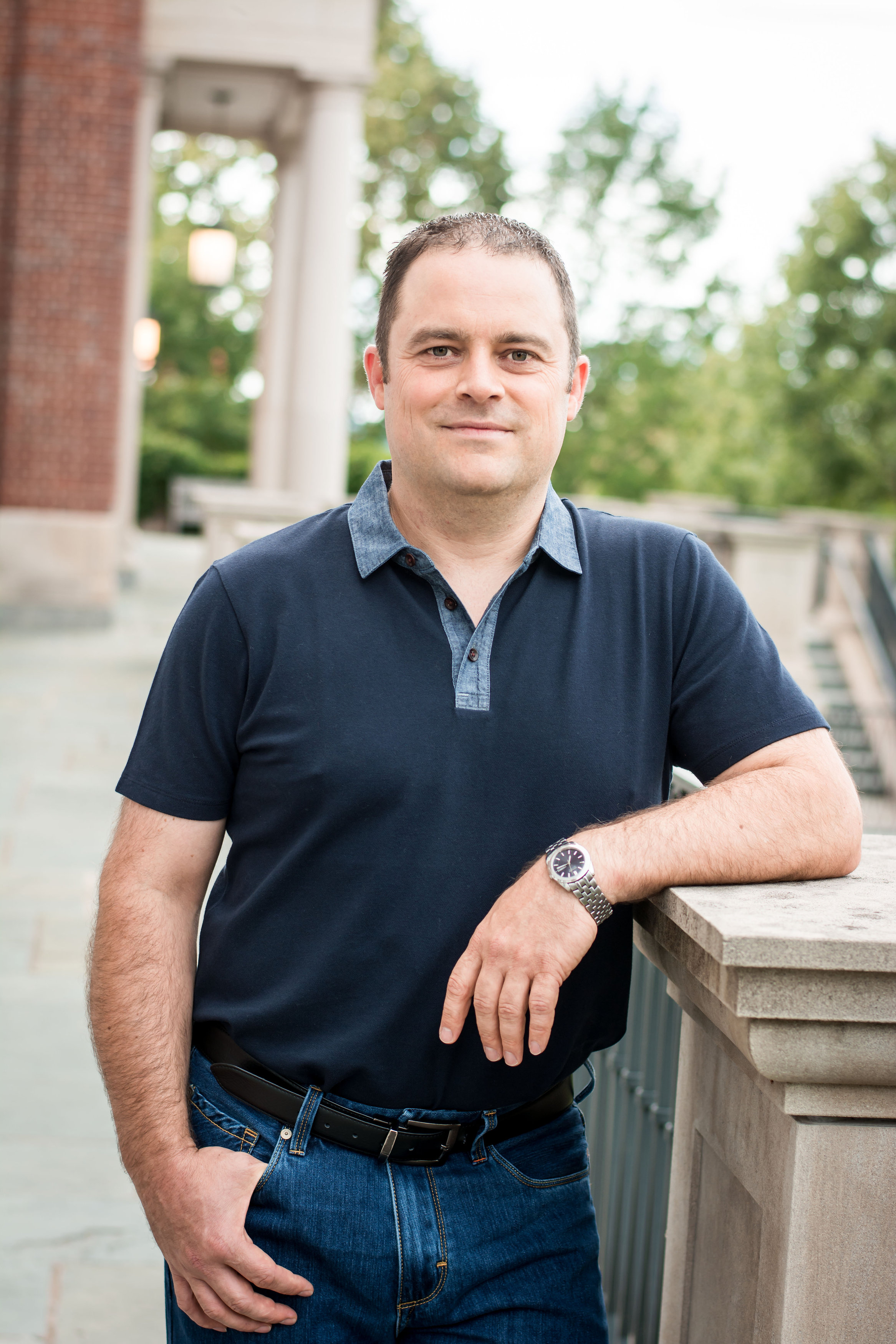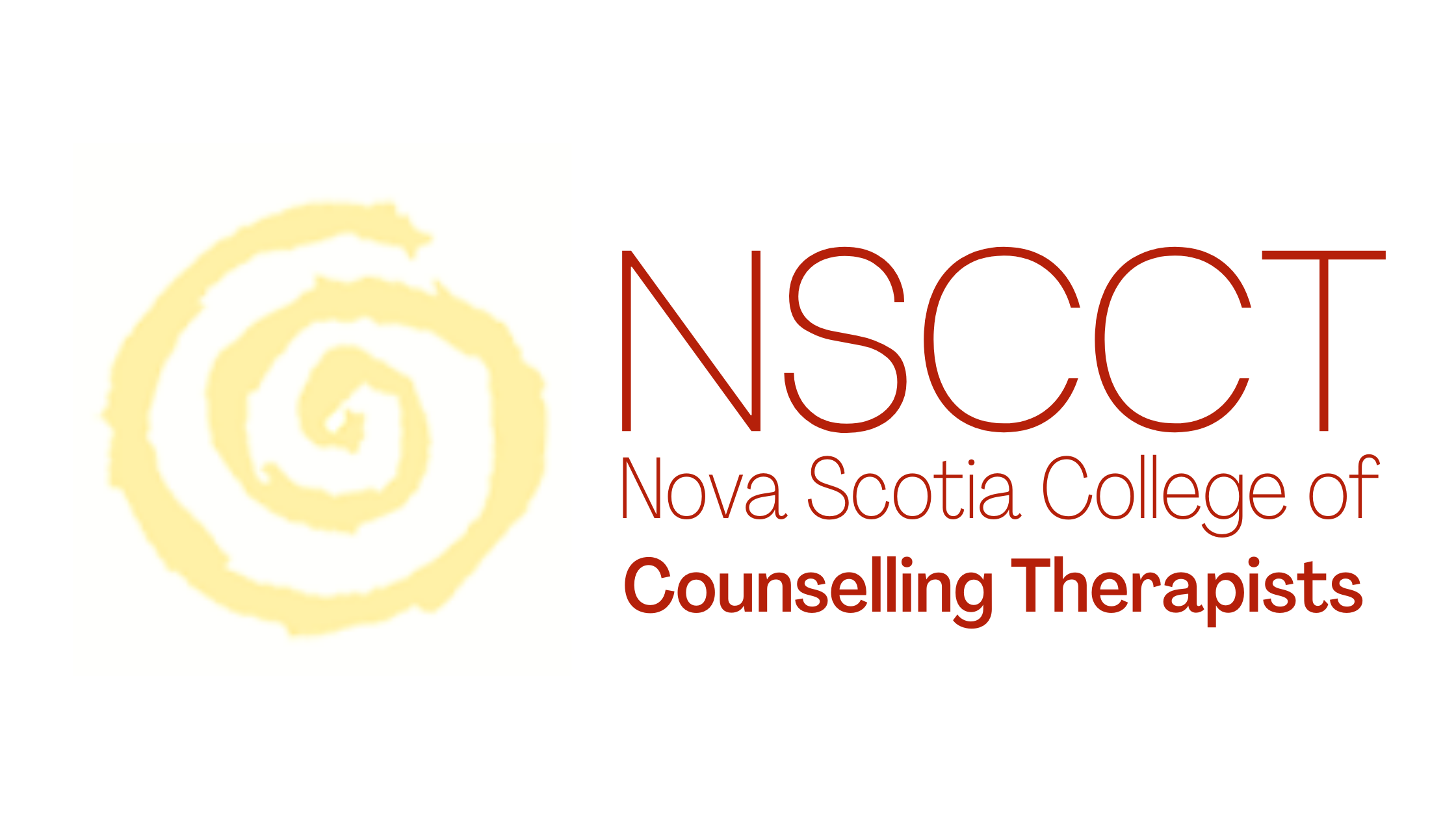I had to go to prison to learn how important the value of belonging is to mental health.
In 2005, I began volunteering in a therapeutic group for men in a medium-security prison. It's an encounter-type group where about 20-30 inmates and volunteers sit in a circle for about 16 hours over two days. The group provides an opportunity for individuals to share personal life experiences and work through the pain they are experiencing.
The first day I attended, I was extremely nervous. I came in with the volunteers, created a name card for myself put it on the floor in front of me, and quietly sat down. A few minutes later a chaplain came by with her clipboard and asked, "What range are you in, young man? I don't believe I see your name on the list." Struck with fear, I stammered back, "I...I'm not an inmate, I am a volunteer." She grinned knowingly.
Community wellbeing is about feeling safe, connected and having a sense of belonging where you live and work in. Volunteering in prison for the first time, was one of the rare times in my life that I felt unsafe in a community. My fears didn't last long.
We are more alike than different
Most of the men in prison grew up in families that were unsafe. Most were mistreated, abused or neglected as children. While many were troubled, and had histories of violence, few felt dangerous after a short time of volunteering.
I quickly realized the men highly valued the volunteers and were extremely protective of us. They cherished visitors from "the outside." They craved conversation with someone that wasn't monitoring them (staff) or who might be a potential threat to them (other inmates). Most struggled to understand why we as volunteers would leave our families and our freedom to spend two days each month in prison with them.
The truth was, I often learned as much about myself as they did. Dr. Charles Taylor, the founder of the group coined the phrase, "We are all more alike than we are different."
Many of the men in the group felt even less safe than we volunteers did. While we might have at first felt physically vulnerable, the inmates themselves were extremely emotionally vulnerable. By sharing their fears, weaknesses, and life stories they could be putting themselves at great risk.
For many, it was the first time they felt unconditional acceptance and belonging.
You can't escape the consequences of your actions.
While the men in our groups had committed serious crimes, it wasn't the jail time or the punishment that troubled them most. It was a deep shame they felt toward themselves as a result of the crimes they had committed.
Sure, many struggled to take responsibility for their actions, often blaming others or their circumstances. But below the surface, each was trapped with or actively avoiding his own painful feelings about himself. The fear of never being forgiven, understood or accepted was far worse than the punishment they received.
What I observed regularly, is that not only were these men wrestling with coming to terms with the harm they had done to others, the impact on their sense of self and belonging was just as painful and lasting. Imagine living with the fear of whether those around you, and society in general, will ever will forgive you or trust you.
You can't belong when you feel alone.
The shame the men felt about themselves was always as big than the punishment they had received. They might complain that their sentence was too long, that a judge was unfair or the guards didn't treat them well. But deep inside, it was how they felt about themselves that made their time in prison most difficult. Living with the shame of their past, made them feel unimportant and in many cases worthless, putting them at risk of poor choices bad choices.
Loneliness and isolation can drive people mad. But it's not the isolation itself, it's the having healthy others to talk to, and get feedback from others about our beliefs and experiences prevents us from spiraling out of control. Knowing that we matter, that someone is there for us, that we are valued, believed in and trusted is essential to wellbeing. Some of the most powerful moments were when the men, after sharing their deep shame and regrets, were embraced by the group in spite of their mistakes.
Knowing they were still valued as human beings allowed the men to free themselves of the pain and self-stigma. It provided them with a model of how a healthy relationship feels. They didn't have to make a deal or give anything in return. Knowing they were valued allowed them to be more compassionate with themselves, and ultimately with their victims.
Without a healthy community, without healthy people to model yourself after, and without the sense of belonging others provide, you can't realize your potential.
Strong communities need strong leaders.
The first thing you notice when you walk into a prison is that there is a clear hierarchy of power. That power structure is seen in both the guards and the inmates. There were years when the group had inmates who were strong, compassionate and wise. In those years, the group functioned well. The values of the group were always upheld.
But in the absence of strong leadership, no matter how strong the volunteers were, the group struggled. People didn't pay attention. Rules weren't followed and good people stopped taking risks. At those times, it started to feel unsafe.
When leadership is strong, systems run well and without corruption. There is nowhere good leadership is more obviously needed than in prison. Without it, power rules and chaos follows. The same is true of organizations and government. A lack of leadership can be dysfunctional at best, but at worst it can be corrupt and devastating to the safety and belonging of the community and the individuals in it.
Belonging is Essential to Wellbeing Wellbeing and Mental Health
It's easy to underestimate the role belonging has on your mental health.
When someone is suffering with anxiety, depression, substance abuse or some other mental health problem, often their first instinct is to withdraw from community. This is a mistake, and just makes the problem worse. As a therapist, I encourage people to find a way to get involved in the community.
Volunteering in prison increased my sense of belonging. I learned that I was missed and that people looked forward to seeing me. They cared about how I was doing. I started to miss them too, and wondered how they were doing when they didn't show up to our group. Volunteering has been suspended for almost two years since the pandemic, and I have to wonder how those men on the inside are doing.
Volunteering, wherever you do it, helps your sense of connection to people that care about similar things. It a way to build skills and confidence, and a way to give. Unfortunately, volunteering has been in steep decline in Canada over the last two decades. But there is no shortage of need.
Consider what you have to offer, and what you have to gain from volunteering. There is a world of possibilities; art, culture, sport and recreation, environmental activism, government, education or a spiritual community. It may even be in your own company or organization. Community can allow you to use skills and strengths you may have but can't use elsewhere, building confidence, making new friends, and helping you see just how much you are needed by others.
It will also help you know that no matter what you are struggling with, you are not alone.
This week, consider all you have to offer and what you might receive from being more involved in your local or work community.
There is a always a place you are needed, and where you belong.
Take good care,
Derrick
Wellbeing Assessment
Our Services
Our mindfulness-based approach to counselling therapy focuses on promoting your wellbeing and mental health so you can enjoy life more fully.
When you improve employee wellbeing and mental health, you improve the lives of your employees, boost morale and your bottom line.
About the Author:
Derrick McEachern is a Registered Counselling Therapist (RCT) in Nova Scotia, and a Canadian Certified Counsellor. He specializes in providing mindfulness-based cognitive therapy in the areas of addiction, healthy relationships, grief and loss, and career and life transitions. He offers workshops and webinars and consults with businesses on ways to improve employee wellbeing and mental health.
Derrick McEachern, M.Ed., RCT, CCC
Counselling Therapist, Owner
Five Star Wellbeing Counselling and Mental Health
tel: 902 698 1194
[email protected]
https://fivestarwellbeing.com

